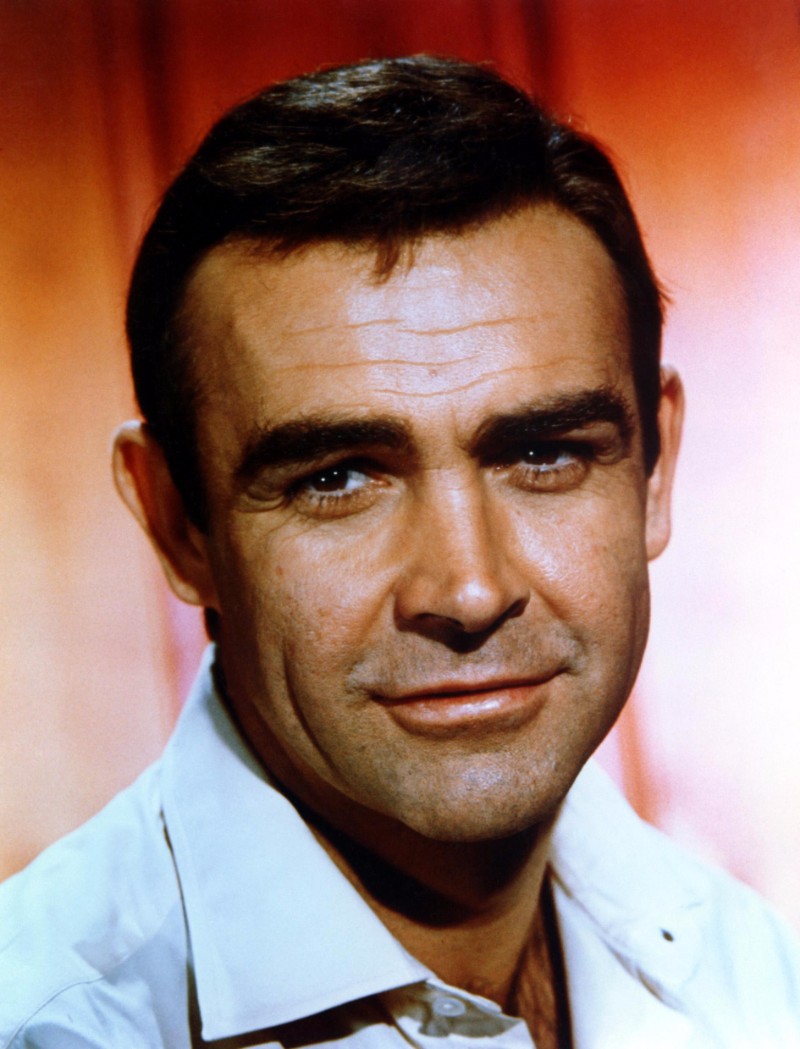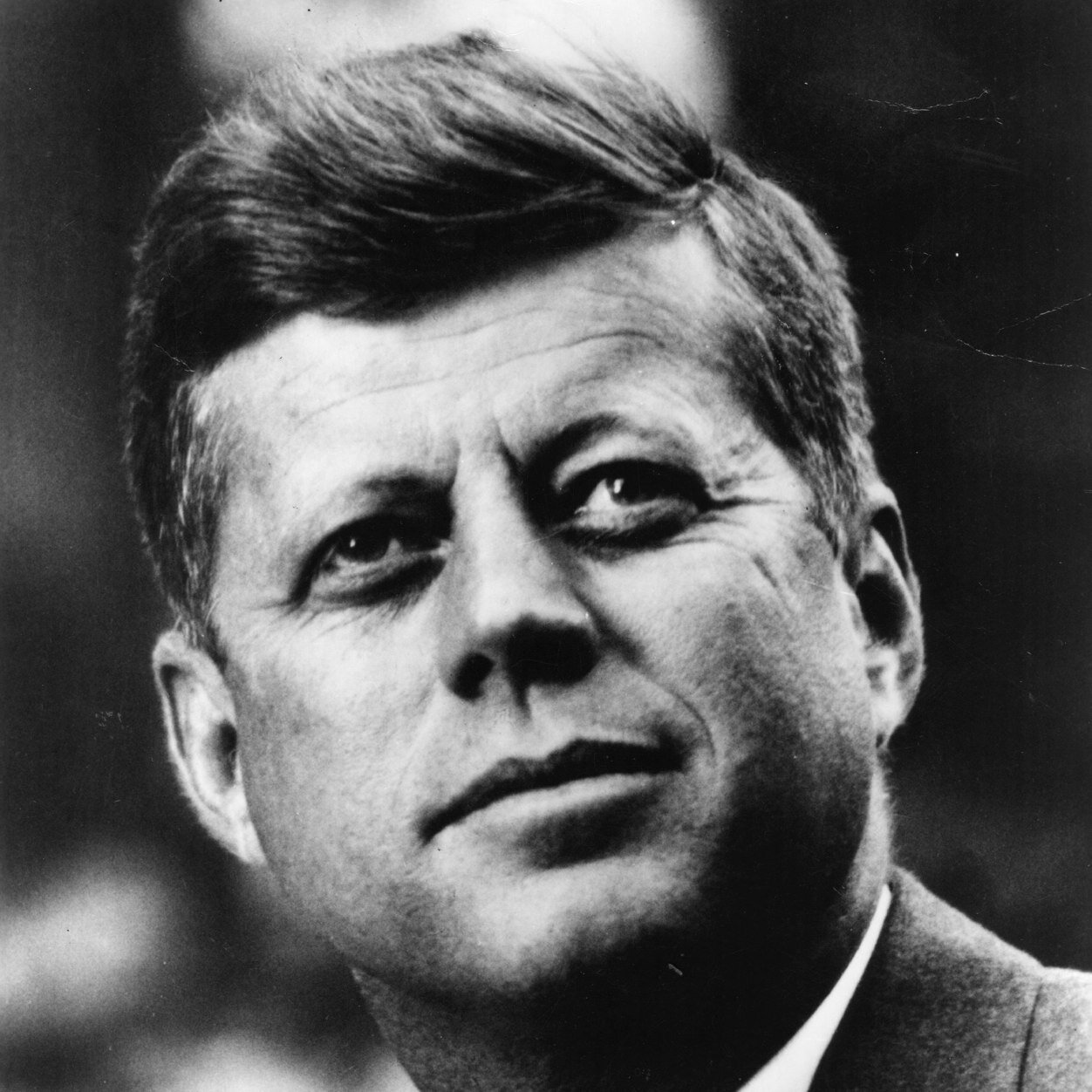Icons Of The 1960s: Celebrating Famous People Who Shaped An Era
The 1960s were a transformative decade, marked by cultural revolutions, significant social changes, and remarkable individuals who left an indelible mark on history. This era gave birth to icons in various fields, including music, politics, and civil rights. From the electrifying performances of rock legends to the inspiring speeches of political leaders, the 1960s famous people are celebrated for their contributions and enduring legacies. Their influence continues to resonate today, reminding us of the power of creativity and activism in shaping societal norms.
As we delve into the lives of these remarkable individuals, we will explore their backgrounds, accomplishments, and the impact they had on the world around them. The 1960s were not just about the events that transpired; they were about the people who stood at the forefront, challenging the status quo and championing change. These famous figures paved the way for future generations, inspiring countless others to follow in their footsteps.
Join us on a journey through the lives of the 1960s famous people, as we uncover their stories and celebrate their legacies. From musicians like Bob Dylan to civil rights leaders like Martin Luther King Jr., this decade was rich with talent and tenacity. Let us take a closer look at these extraordinary individuals who defined a generation.
Who Were the Most Influential Musicians of the 1960s?
The 1960s music scene was vibrant and revolutionary, introducing new genres and styles that reshaped the industry. Iconic musicians emerged during this period, each contributing to the soundtrack of a generation.
What Impact Did The Beatles Have on Music and Culture?
The Beatles, formed in Liverpool in 1960, became a global phenomenon. Their innovative music and cultural significance transcended borders and changed the landscape of popular music. With hits like "Hey Jude," "Let It Be," and "Help!," they captured the hearts of millions.
- Formed: 1960
- Members: John Lennon, Paul McCartney, George Harrison, Ringo Starr
- Key Albums: "Please Please Me," "Rubber Soul," "Sgt. Pepper's Lonely Hearts Club Band"
- Influence: Sparked the British Invasion and inspired countless artists
What Made Bob Dylan a Voice of a Generation?
Bob Dylan emerged as a significant figure in the 1960s, known for his poignant lyrics and unique sound. His songs tackled social issues and resonated with the youth of the time, making him a cultural icon.
| Personal Details | Data |
|---|---|
| Name | Bob Dylan |
| Birth Date | May 24, 1941 |
| Key Songs | "Blowin' in the Wind," "The Times They Are a-Changin'" |
| Awards | Nobel Prize in Literature, Grammy Awards |
Who Were the Pioneers of the Civil Rights Movement in the 1960s?
The 1960s was a crucial decade for civil rights, with influential leaders advocating for equality and justice. Their relentless efforts contributed to significant legislative changes and inspired movements around the world.
How Did Martin Luther King Jr. Change the Course of History?
Martin Luther King Jr. was a central figure in the American civil rights movement. He advocated nonviolent resistance and played a pivotal role in the fight against racial segregation.
- Born: January 15, 1929
- Key Achievements: Led the Montgomery Bus Boycott, March on Washington
- Famous Speech: "I Have a Dream"
- Awards: Nobel Peace Prize (1964)
What Role Did Rosa Parks Play in the Civil Rights Movement?
Rosa Parks is remembered for her courageous act of defiance when she refused to give up her bus seat to a white man in Montgomery, Alabama, in 1955. This pivotal moment sparked the Montgomery Bus Boycott and became a symbol of the fight for civil rights.
| Personal Details | Data |
|---|---|
| Name | Rosa Parks |
| Birth Date | February 4, 1913 |
| Key Contributions | Montgomery Bus Boycott, Advocacy for Civil Rights |
| Awards | Presidential Medal of Freedom, NAACP's Spingarn Medal |
Who Were the Groundbreaking Actors and Actresses of the 1960s?
The film industry saw a transformation during the 1960s, with actors and actresses pushing boundaries and tackling complex social issues through their roles. They became household names and cultural icons.
How Did Audrey Hepburn Leave Her Mark on Cinema?
Audrey Hepburn was not only a talented actress but also a humanitarian. With her performances in films like "Breakfast at Tiffany's" and "Roman Holiday," she captivated audiences worldwide.
- Born: May 4, 1929
- Key Films: "Breakfast at Tiffany's," "My Fair Lady," "Sabrina"
- Awards: Academy Award, Golden Globe Awards
- Legacy: UNICEF Goodwill Ambassador
What Impact Did Marlon Brando Have on Method Acting?
Marlon Brando revolutionized acting with his intense performances and commitment to realism. His roles in films like "A Streetcar Named Desire" and "The Godfather" showcased his talent and changed the way actors approached their craft.
| Personal Details | Data |
|---|---|
| Name | Marlon Brando |
| Birth Date | April 3, 1924 |
| Key Films | "A Streetcar Named Desire," "The Godfather," "On the Waterfront" |
| Awards | Academy Awards, BAFTA Awards |
What Legacy Did 1960s Famous People Leave Behind?
The 1960s famous people not only shaped their era but also laid the groundwork for future generations. Their contributions continue to inspire, and their stories remind us of the importance of standing up for our beliefs and challenging injustice. The influence of these remarkable individuals can still be felt today, as we strive to create a more equitable and compassionate world.
As we reflect on the legacies of the 1960s famous people, we are reminded that their courage, creativity, and determination can guide us as we navigate the complexities of our own lives. By celebrating their achievements and learning from their stories, we can honor their contributions and continue the work they began.
Article Recommendations


